There are many ways that students with dyslexia can participate fully in the curriculum, and not be made to feel incompetent. Denying access to accommodations and adjustments in the classroom is not only wrong but contradicts legislation in Australia which entitles the user to use modifications to their learning to ensure their participation and success.
There are two main pieces of legislation in Australia which relate to this topic. They are:
• Disability Discrimination Act 1992.
• Disability Standards for Education 2005.
• In addition, due to these legislative requirements, schools are also obliged to participate in the:
• National Consistent Collection of Data.
For many children with learning differences, it is important to encourage them to be self-advocates and fully understand the ways they learn best. (check out our next blog on Self Advocacy for more information). This knowledge will enable them to be able to express the modifications, accommodations, and adjustments that are required for their specific needs.
Accommodations and modifications differ. Accommodations do not change the task, where modifications change the demands of the task. Accommodations may be using an audio book rather than reading a novel when completing a book study. The task remains the same, the user just has a different way of achieving the goal. Modifications mean that the task itself is modified, eg: selecting an easier book for the student.
Accommodations and modifications should be included in any Individual Learning Program (ILP) created at the school by a team including the teacher, parents, specialists and other interventionists if appropriate. Inclusion of the accommodations and adjustments in the ILP will clarify the student’s needs and the expectations of all involved.
There are many ways that the curriculum can be amended to include accommodations for those with learning differences. I have outlined some of them here, but the list is not exhaustive. New technologies are being created all the time. Make sure you keep up to date with what’s around that may help your child:
· AUDIO BOOKS
· SPEECH TO TEXT
· INSTRUCTION IN EDITING SKILLS
· ORAL EXAMINATIONS
· EXTENDED TIME
The International Dyslexia Association outlines some of the accommodations that could be provided for both testing and instruction.
These include but are not limited to:
• Verbal instructions
• Repeating instructions
• Use audio format if available
• Larger print
• Visual cues including highlighted text
• Allowing the use of a calculator
• Speech to text software
• Spelling and grammar checker
• Use of a scribe
• Typing responses
• Individual or small group work
• Using several sessions rather than one
Every child will have individual needs in relation to accommodations and adjustments. Typically, a formal Educational Psychology report will outline the recommendations for the individual. Ensuring these recommendations are passed on to the child’s school, and their teacher each year will not only keep everyone in the loop about what your child needs but will also ensure your child gets the support they need to ensure they can participate in the curriculum, as they are entitled to do.
